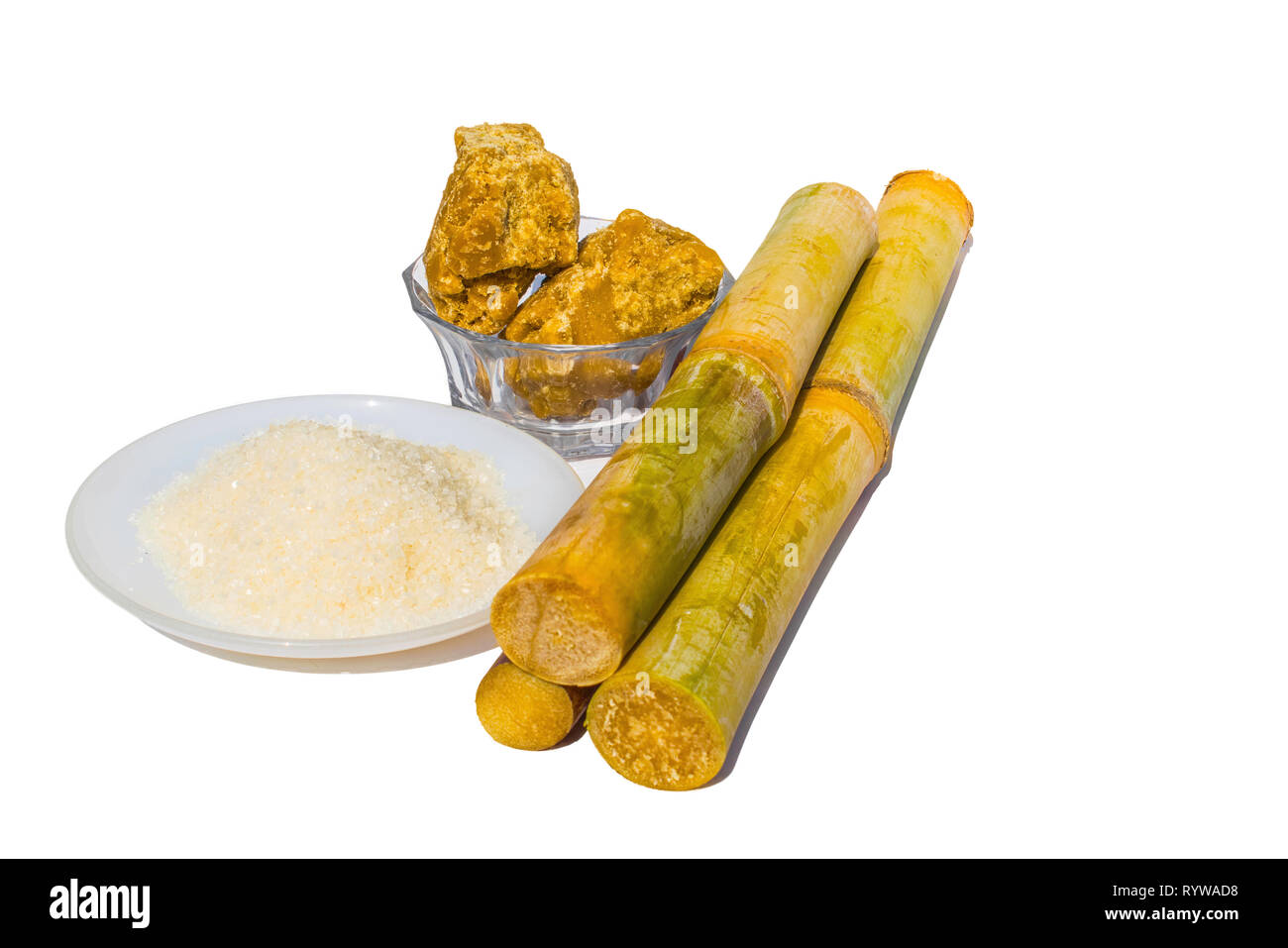Discovering Sugarcane Products: Versatile Profits and makes use of
The expedition of sugarcane items exposes an amazing range of applications that expand well past the familiar world of sweeteners. As we examine the multifaceted contributions of sugarcane, one could wonder just how these diverse uses can improve markets and lifestyles in a swiftly developing world.
Overview of Sugarcane
Although sugarcane is usually connected primarily with sugar manufacturing, it is a flexible crop with an abundant history and many applications. Cultivated in subtropical and exotic regions, sugarcane prospers in well-drained dirts and warm environments, contributing substantially to numerous economic situations worldwide. This perennial grass, belonging to the genus Saccharum, can grow to elevations of as much as 4 meters, showcasing its durable nature.
Beyond its key role in sugar removal, sugarcane acts as an essential source for different by-products. The fibrous deposit, understood as bagasse, is made use of for generating bioenergy and as a resources for making paper and biodegradable products. Additionally, molasses, a spin-off of sugar refining, is abundant in nutrients and frequently made use of in animal feed and fermentation processes.
Sugarcane additionally plays a significant role in conventional medications and cultural methods in numerous areas, illustrating its significance past commercial use (sugarcane product). Furthermore, with the enhancing focus on lasting agricultural methods, sugarcane is being checked out for its capacity in biofuels and carbon capture, placing it as a principal in the change in the direction of renewable resource resources. Thus, the flexibility of sugarcane prolongs far beyond the boundaries of sugar manufacturing
Sugarcane in Food Products


Beyond sweeteners, sugarcane is the resource of energy-rich items such as jaggery and panela, which are standard unrefined sugars made use of in lots of societies. These items not only sweeten foods however also convey nutritional benefits and distinct tastes.
Sugarcane juice, a rejuvenating drink enjoyed in many exotic regions, showcases the plant's convenience. It is typically eaten fresh or fermented right into alcoholic beverages like rum.
Additionally, sugarcane fibers, called bagasse, are sometimes used to develop food packaging products, emphasizing the environmental advantages of sugarcane processing. On the whole, sugarcane's contribution to food is complex, enhancing flavors, giving nutritional value, and playing a substantial duty in culinary customs around the globe.
Industrial Applications of Sugarcane
In different markets, the convenience of sugarcane extends far beyond its cooking applications. Sugarcane functions as an essential resources in the production of biofuels, specifically ethanol, which is increasingly utilized as a renewable resource source. This biofuel is obtained with fermentation and distillation procedures, providing a sustainable option to fossil gas and adding to a reduction in greenhouse gas discharges.

Furthermore, the sugarcane industry has actually located applications in drugs, where its components are used in the solution of numerous medical products. The natural substances drawn out from sugarcane show antimicrobial and antioxidant buildings, boosting the efficiency of particular drugs.
Last but not least, sugarcane is indispensable to the manufacturing navigate to these guys of a variety of chemicals, including glycerol and organic acids, which are vital for numerous commercial processes. These applications highlight sugarcane's substantial role in advertising commercial sustainability and development.
Ecological Advantages of Sugarcane
The complex applications of sugarcane not just enhance commercial procedures but additionally contribute considerably official site to ecological sustainability. As a renewable energy, sugarcane cultivation plays an important role in carbon sequestration, absorbing substantial amounts of co2 from the environment. This process helps reduce climate adjustment by decreasing greenhouse gas concentrations.
In addition, sugarcane results, such as bagasse and molasses, supply green options to standard materials. Bagasse, the fibrous residue after juice removal, can be used as a biomass fuel, reducing reliance on fossil gas and promoting cleaner energy sources. In addition, molasses can be changed into bioethanol, additionally sustaining sustainable energy initiatives.
Sugarcane farming also promotes biodiversity and soil wellness. Lasting farming techniques, such as intercropping and crop rotation, enhance dirt fertility and minimize disintegration. The plant's deep root system help in water retention, therefore sustaining neighborhood communities and enhancing resilience against dry spell.
Health And Wellness Advantages of Sugarcane
Rich in natural sugars and vital nutrients, sugarcane uses countless wellness advantages that make it a valuable enhancement to a balanced diet regimen. Its high fiber web content aids in food digestion, promoting intestine health and protecting against bowel irregularity. Furthermore, sugarcane gives anti-oxidants, which fight oxidative anxiety and may reduce the threat of chronic conditions.
In addition, sugarcane juice is recognized for its hydrating homes, making it a superb beverage option, particularly in hot environments. The all-natural sugars present in sugarcane supply a quick energy increase, advantageous for athletes and those taken part in physical tasks. It likewise contains essential vitamins and minerals, such as vitamin C, calcium, magnesium, and potassium, which contribute to overall wellness.
Researches suggest that sugarcane might aid manage blood glucose levels, making it a more suitable sugar for people with diabetes when consumed in small amounts. Its anti-inflammatory properties can sustain liver wellness and help in detoxing.
Conclusion
In conclusion, sugarcane becomes a highly functional plant with significant contributions to different fields. Its varied applications in foodstuff, industrial usages, and environmental sustainability underscore its significance. The byproducts of sugarcane, such as bagasse and molasses, assist in environmentally friendly techniques, while its wellness advantages boost total well-being. The diverse nature of sugarcane not only supports economic growth yet additionally promotes sustainable advancement, highlighting its worth in contemporary culture.
Although sugarcane is usually associated mainly with sugar manufacturing, it is a versatile crop with an abundant background and countless applications.Beyond its primary function in sugar extraction, sugarcane offers as an important source for different spin-offs. Largely recognized for creating sugar, sugarcane is transformed into granulated sugar, brown sugar, and molasses, each serving unique culinary functions.Rich in important nutrients and natural sugars, sugarcane uses countless wellness benefits that make it a beneficial enhancement to a well balanced diet regimen. The all-natural sugars existing in sugarcane give a fast a knockout post power increase, valuable for athletes and those involved in physical tasks.